
At its core, art has always been about self expression. A way of filtering the world through personal experiences, beliefs, fears, sadness and joy, and coming out the other side with something that is an extension of the deepest part of yourself. For musician and artist Solange Knowles creating is her lifeblood.
It has been since she was a child and now, in adulthood, her years worth of experimenting and understanding have culminated in When I Get Home, a multifaceted project and exploration of who she is, where she comes from and what that means. It marks her most personal work to date and has caused cultural ripples through the local community that inspired its creation as well as wider audiences that may never have been to Third Ward, Houston Texas but who feel connected to the stories of home, and the idea of belonging in a time when we are becoming increasingly disconnected from one another.
In collaboration with WePresent, the extended version of When I Get Home is screening at institutions across the world, from Los Angeles to Paris from now until October. In a fitting tribute these screenings started last week in Solange’s hometown of Houston, and the reaction to each has been powerful to witness.
“It’s essential for museums to recognize the important cultural contributions of artists across disciplines, beyond static artwork that hangs on walls,” says Lauren Argentina Zelaya, the Director of Public Programs at Brooklyn Museum where the film screened last week.“Institutions need to include music, film and video that reflects the contemporary society we live in, and to showcase art and creativity that reflects the lived experiences of people who do not historically feel welcome in museum’s spaces.”
It’s a truth that When I Get Home speaks to, the reassurance and justification of your own identity in a time when the fundamental idea of belonging has been called into question. Peeling off its layers further, we speak to Solange to delve into the core messages at the heart of When I Get Home, and find out how her roots taught her more than any history book ever could.
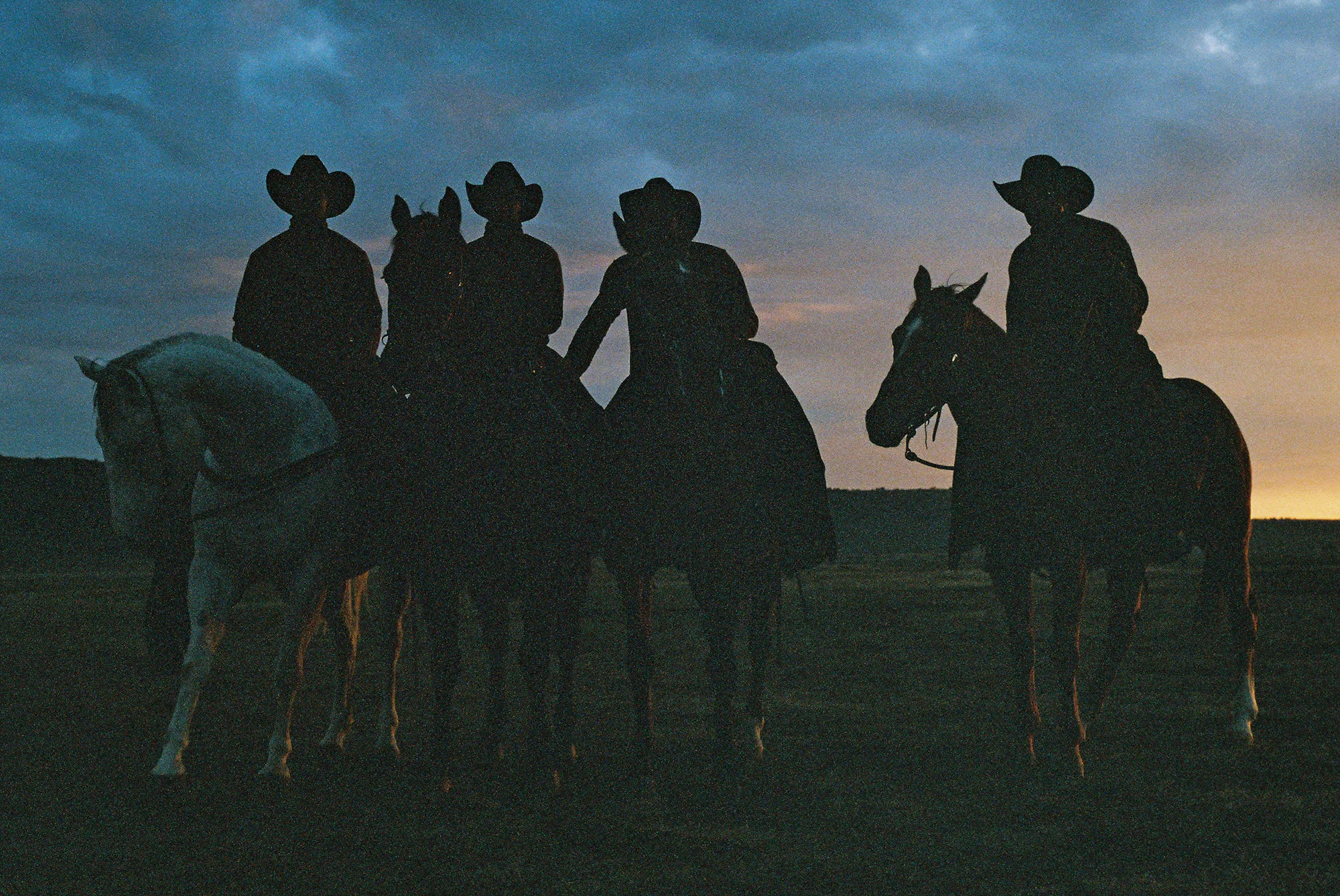
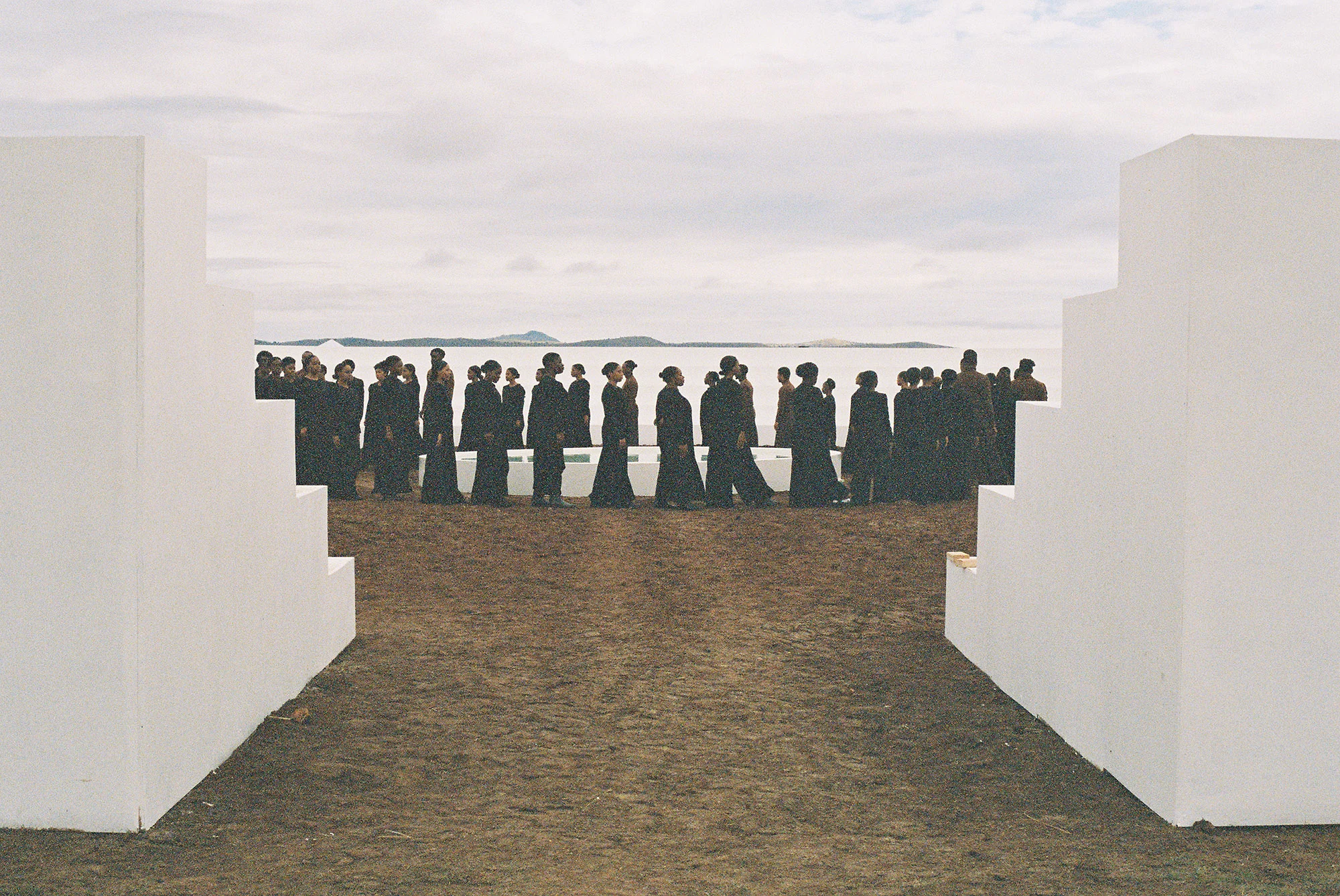
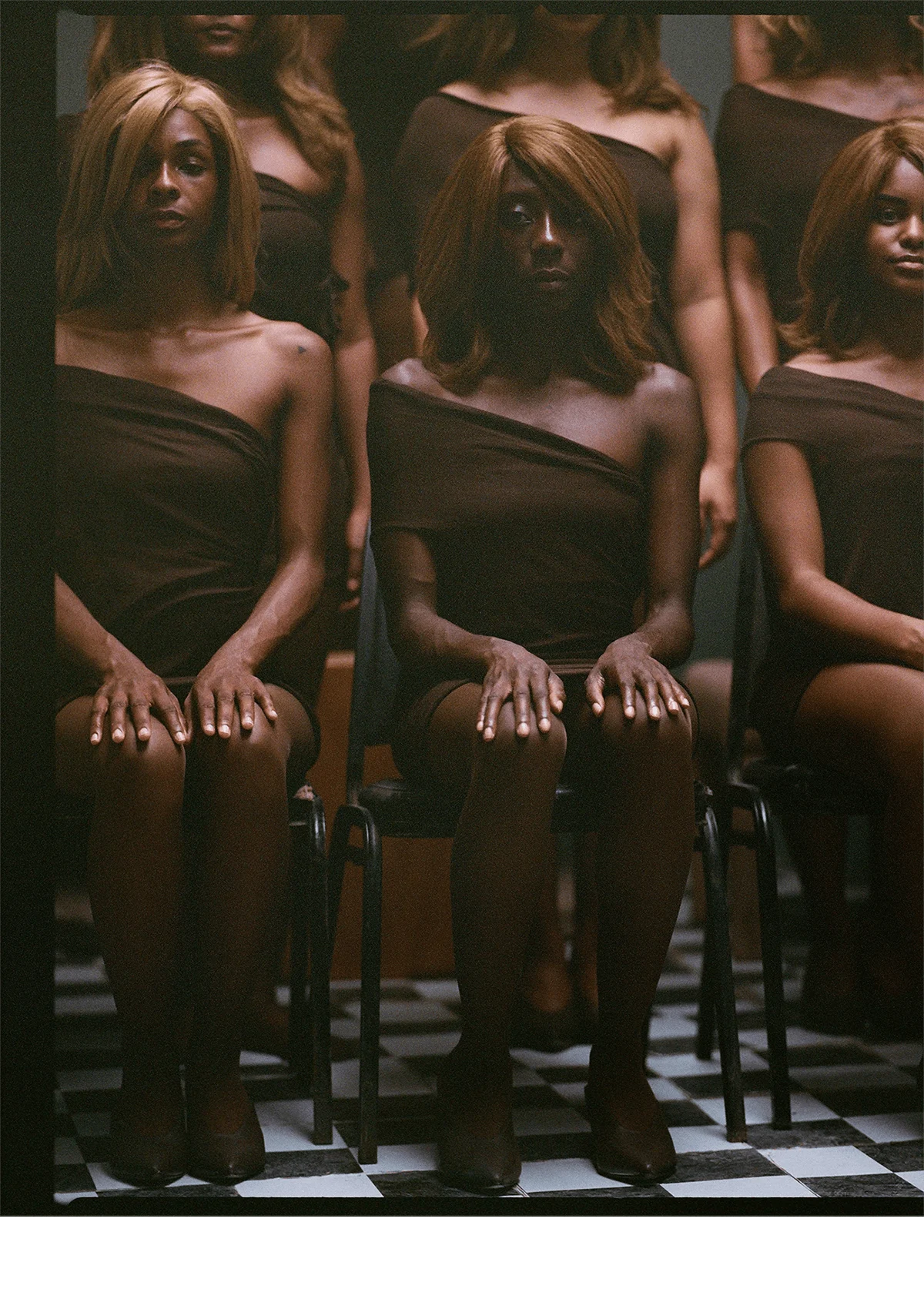
When I Get Home is about identity and self expression, what do feel you’ve learnt about yourself through the process of creating it?
I’ve been telling a story about a really pivotal moment in my life when I was around ten years old that left an explosive impact on me. I went to a church summer camp in Houston and it was my first time experiencing what I would call the spirit - however you feel closest to interpreting that - and, because I really did not know how to unpack it all, it scared the hell out of me. I struggled with confronting that force for so long, this idea of an energy so strong it could transform your tongue or cause you to faint or shout and dance in ways that were out of your body. I would just want to run from it.
The film is really about standing still in that unknown, and feeling solitude and sanity in the silence of it all. The reckoning of what I may hear and see if I did in fact silence all those parts of myself and if I could really live with, and swallow, the truths that come up. For me personally, it speaks a lot about reimagining the infinite possibilities of darkness, and changing the way we experience that vastness of space. I got to sit with Scarface while I was making this album and he said some really powerful shit to me about his constant need and attraction to darkness, and I realized in that moment how much we have been taught to only rely on light as a guiding force for healing and rebirth. I wasn’t leaning into the possibilities of darkness out of fear, but even from a filming perspective leaning into the vastness that blackness creates was so expansive for my process.
All of these conversations for me have been grounded in evolution. Thinking that you know the way and then having gone through something completely out of my control - which for me at the time was my health - and coming up with new ways of experiencing and coping with the world. For me rebirth always starts at the beginning, which was coming home.

Growing up in my mother’s hair salon constantly reinforced that I never had to subscribe to this one dimensional version of myself.
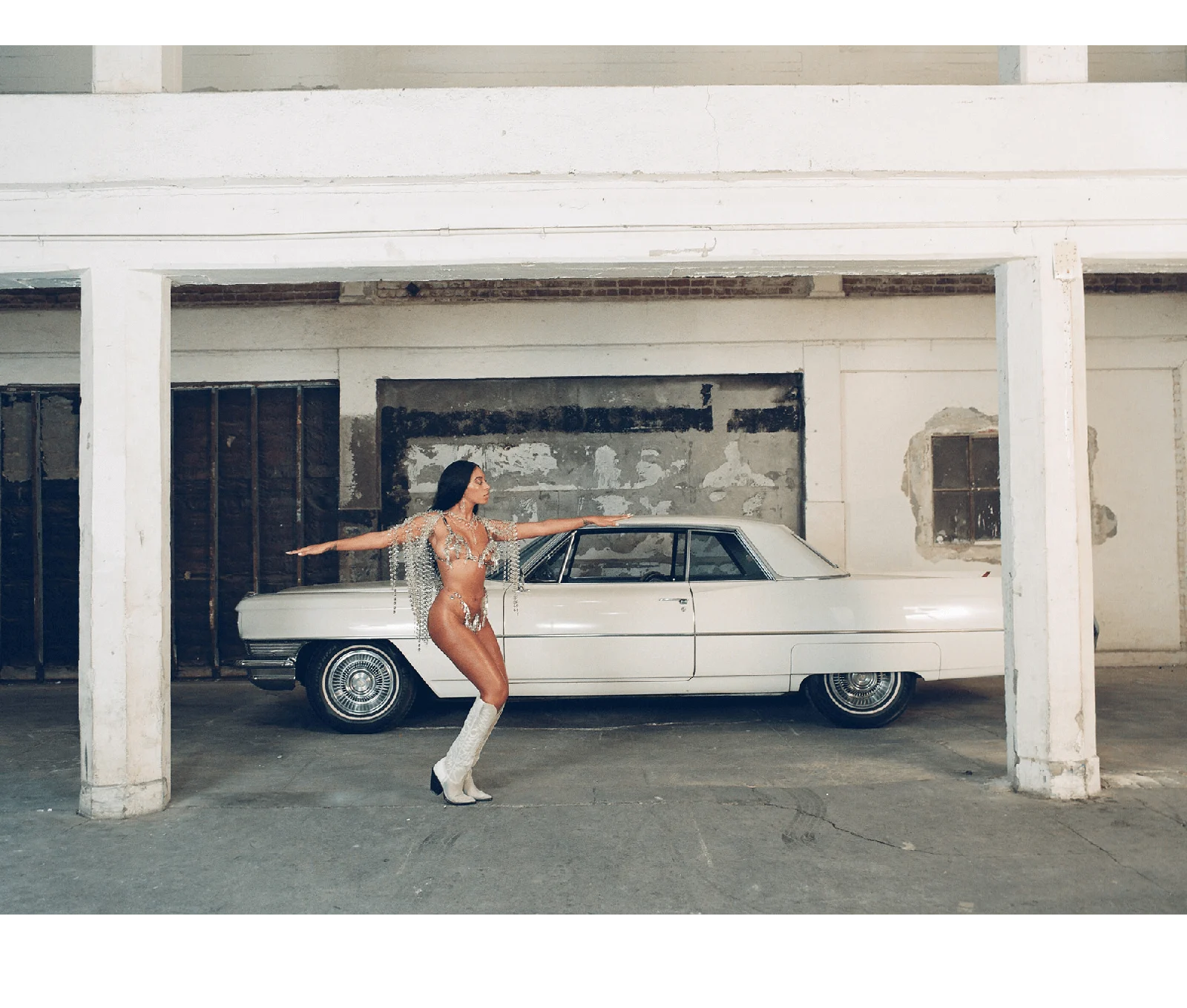
Home and the idea of belonging are integral to the film. What does this notion of ‘home’ mean to your creativity?
I started touring at 13 which often made me feel this overwhelming sense of longing for home. Even when I was actually home sometimes in the physical sense of dwelling, I still felt like I wasn’t home in my body and my spirit, and returning to Houston started to answer a lot of these questions for me. I still have a real issue with sitting my ass down in one space, but I recognized how much of me was grounded in the city and how there are parts of me that are just so damn Houston that I feel really proud of.
Starting to unpack what it really meant to grow up in a neighborhood like Third Ward and being able to say the phenomenal Debbie Allen and Phylicia Rashad are from there, or Devin the Dude, who informed so much of my young adulthood, lives in Third Ward, or Pat Parker, a brilliant poet who was also activating in really incredible revolutionary ways is from Third Ward is powerful. I feel really proud, and honestly honored to have been able to invite them into the fabric and the storytelling of this album because those are the moments that express things I could never fully articulate about myself.
Discovering that video of Debbie and Phylicia singing to their mom, and starting off with “I boarded a train, kissed all goodbye” instantly felt like home, in the sense of both leaving and returning, and so to be able to sample that was incredible.
And sampling Pat Parker’s poem “Poem to Ann” is for me about creating connectivity to the work that she’s done but also saying this is all in the lineage of where I’m from and who I am. Or being able to say that I witnessed hundreds of cowboys trail riding from Texas to Louisiana on any given weekend at the Zydeco playing the accordion and line dancing with pride. That informed my vantage point of Western culture long before my dusty American history book could ever. Things like the innovation of Screw and how transformative it was for me to put on a Swishahouse ‘Fuck Action’ tape to do my homework to, and I swear that pace and frequency has impacted the entire wavelength I operate from! I’m like, ‘everybody need to slow the fuck down!’
I was also so honored to have worked with other insanely talented filmmakers and artists from Texas on this project who could really translate the spirit of all that into the film; Terrance Nance who directed the piece for ‘Dreams’ and Autumn Knight whose piece ‘Directions to Prairie View’ is a historical black college in Texas I used in the video for ‘Beltway’. Robert Pruitt, who’s also from Houston, lent his work and that resonates with me so deeply. I feel forever grateful to have had such phenomenal hands touch this project and help me reach places I couldn’t have reached on my own.

My process is really impossible to package without the energy of community. That’s who the work is meant to both uplift and answer to.

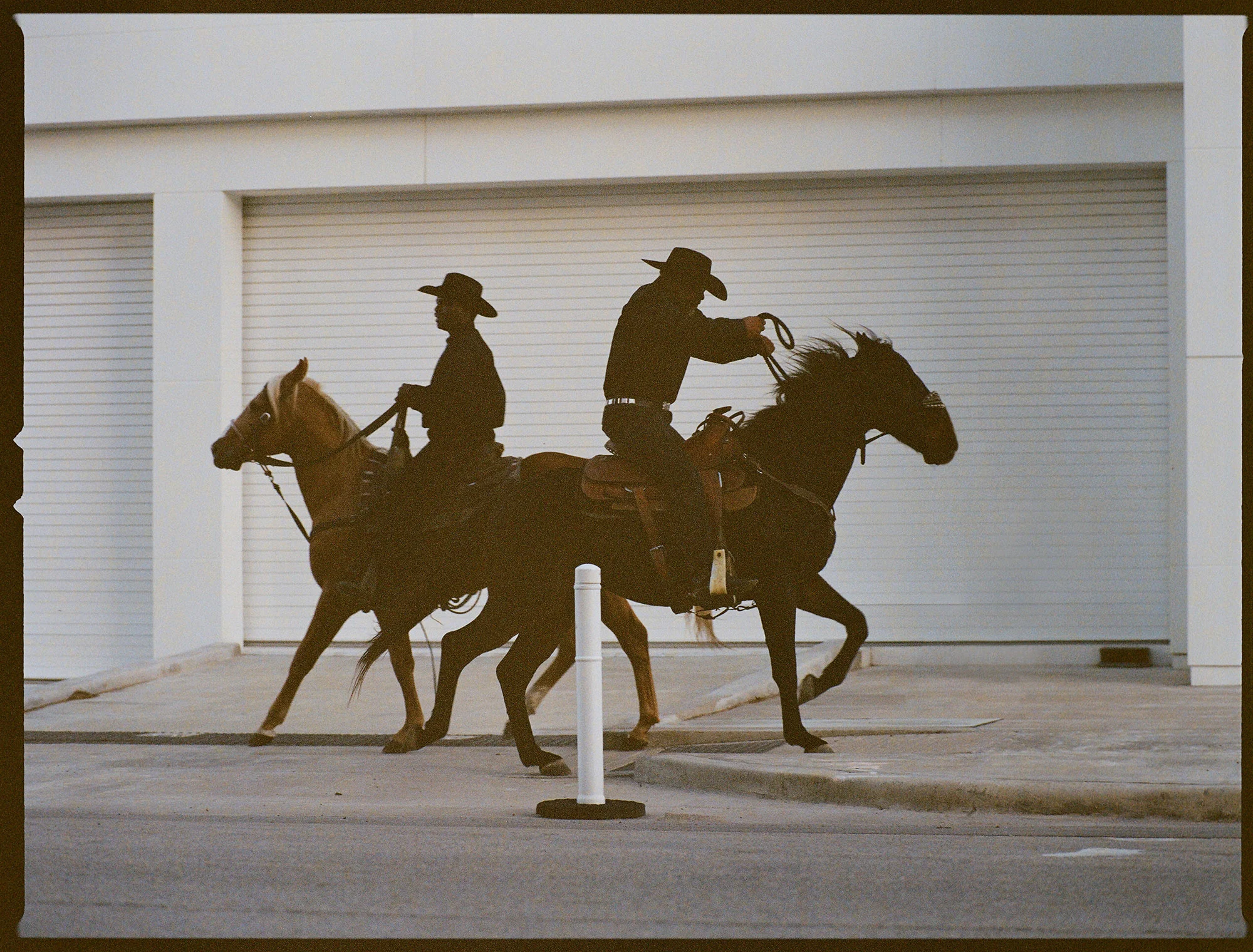
Speaking of the powerful education you received growing up in Third Ward, what did being amongst women of the black community there teach you about beauty, and how you see yourself?
Man, it’s taught me everything really! I can’t even put into words how grateful I am for the experiences I had growing up in my neighborhood, in my community of women, and I never ever take that shit for granted. I mean, growing up in my mother’s hair salon constantly reinforced that I never had to subscribe to this one dimensional version of myself because I got to bear witness to so many bomb ass incredible black women all on their own personal walks and journeys figuring this shit out. There were parts of all of them I wanted to reflect in my own existence. I got to see and hear their stories in a space where they felt safe, cared for and radiant, and could unapologetically celebrate their beauty and transformation. I got to go to the Ensemble Theater and have teachers who looked like me encourage me to write out my little itty bitty feelings, and then teach me how those little bitty thoughts could be transcribed into something they called a monologue, which back then was mind blowing for me - that expansive allowance of thinking. I simply would not even be close to the woman I am without those experiences.

And who are the female artists and creatives that are leading the way and inspiring your practice now?
That list could go on forever! We out here! I’m a big fan of Megan Thee Stallion and Tierra Whack and all the innovative energy and damn skill that they are bringing to the music space. Then there’s Jenn Nkiru and Frances Bodomo. All of the conversations and visual languages they are establishing through filmmaking have had an impact on me. My girl Kelela is really shining and killing things both musically and visually and I’m so excited to see all the places she’s going to continue to take us. And Syd is a wonder! I’m so lucky to have a tribe of incredible friends who are all killing it in their own practices of film and art.
Then there’s also Melina Matsoukas, Armina Mussa and Toyin Odutola. Lynette Yiadom leaves me speechless every time I experience her work and is a huge source of inspiration. Kilo Kish is also doing really incredible things through different expressions of mediums and artwork. Karon Davis’ sculpture always blows my mind. Honestly, I could go on and on and on! The list is endless. It’s such a pop’n ass time for boundless expression and I’m really excited to witness all of it.

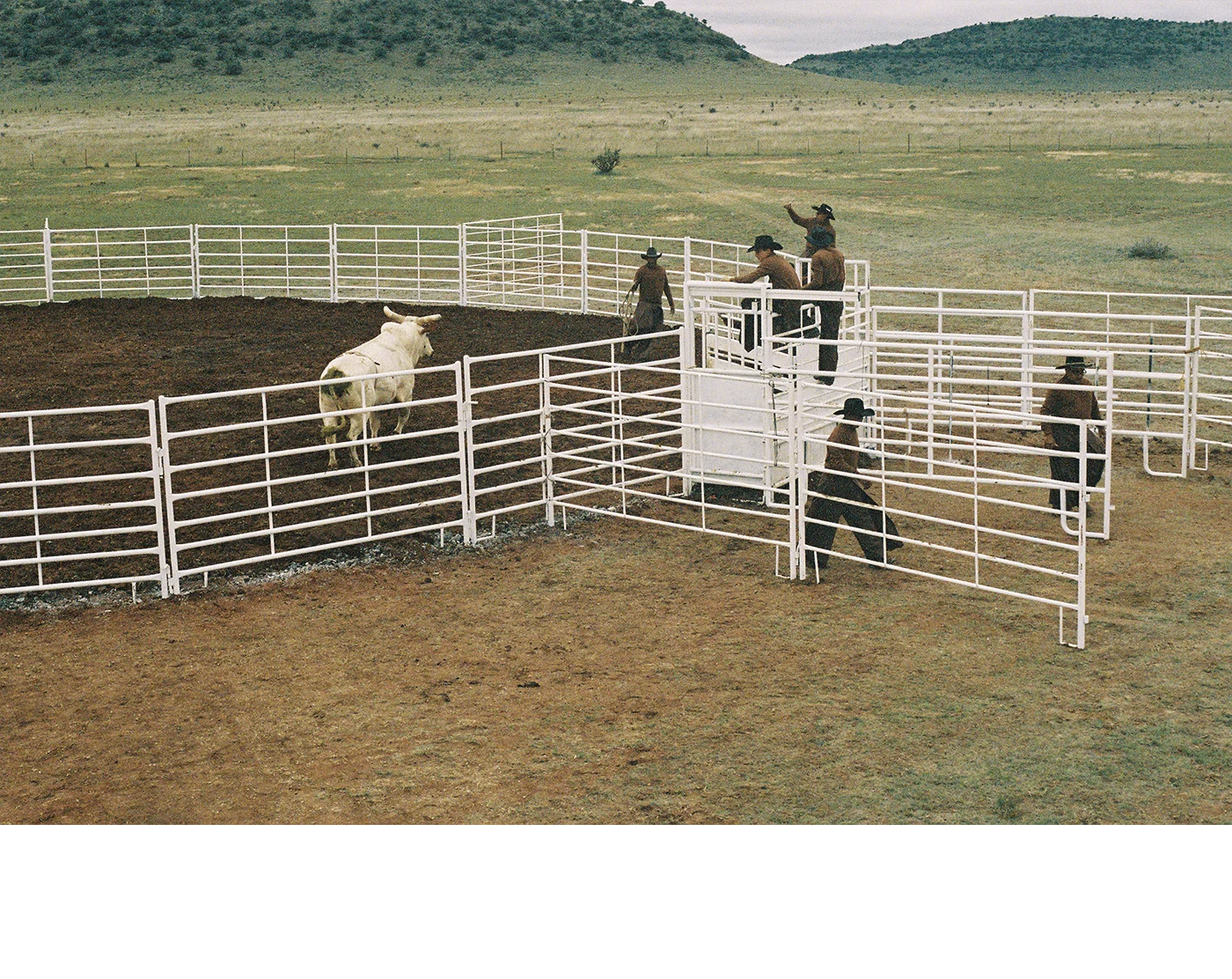
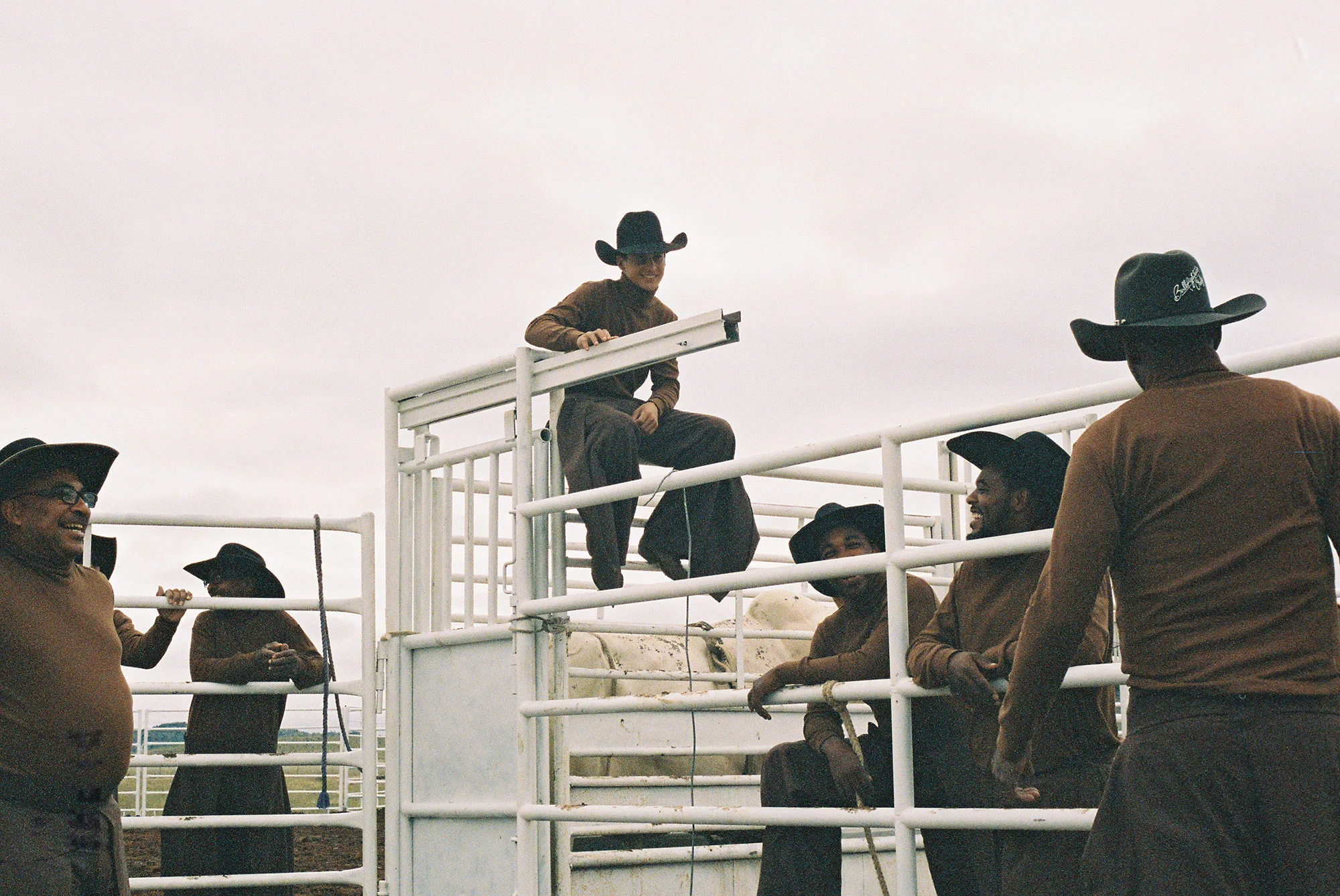
These screenings are taking place in museums and galleries across several continents. How do you view the idea of art online as opposed to experiencing it in real time with other people in a space? How does that make the experience and energy different?
Well I think there’s a lot of beauty and importance in both. The film is really meant to be a reflection, a sort of abstract transportive experience that could even act as a sort of a tantra or reset, and so I think experiencing it alone can tap into another necessary space of intention. I love the idea of being able to carve out a certain time and space in your own environment and making the experience more ritualistic in the way I do with films I have downloaded on my computer and appreciate having access to when a certain part of myself needs the answers or the comfort in real time. I want people to be able to experience the film in that way.
But in the same conversation we are obviously living in a digital age that moves at lightning speed and I personally believe it’s okay to say, ‘yo I can’t keep up!’ Or for me, saying I’m just not good at keeping up, it doesn’t work for me and the way that I want people to experience my work and that’s okay. I feel I’m strongest when I can hone in on a message or a question that’s really important to me and from there figure out why it’s an integral point to express for my own identity.
Then I sit with it, meditate on it, repeat it, deconstruct it, analyze it, tear it apart, build it back up, laugh at it, cry over it, speak it into existence as truth and then hopefully come out on the other side of it with some kind of clarity, or best case scenario joy and peace!
It’s difficult for me to express all of those stages digitally without some tangible way to allow that human connection, but most importantly the light at the end is to be able to share and celebrate with the energy of my community. These screenings have given me an opportunity to share that experience and open up immediate dialogue and connections. To walk out of a theater and say hey I felt a connection to this part, or to say I didn’t feel moved by this part at all, and to reflect on that with each other is important. My process is really impossible to package without the energy of community. That’s who the work is meant to both uplift and answer to.
The film is really about standing still in the unknown, and feeling solitude and sanity in the silence of it all.

Where do you plan to take your art, it’s now such an integral part of your musicality and your career?
I think the thing I feel the most is just an abundance of gratitude that I’ve been able to have and be a part of a community of people who support my work as it evolves and activates in so many different spaces and mediums. These are people who nurture that and inspire me to keep creating and give me an even greater understanding of the work I’ve created to this point. People who haven’t told me to shut the fuck up for being really annoying when I’ve said I can’t say this through music, or even dance, I need to say this through sculpture or architecture. I’m really interested in expanding on more tactile practices and exploring all of the ways in which new materials can help articulate parts of me I am yet to really dive into. I’m getting to know my body more and more every damn day and that includes all the ways I want to continue to explore my physical self through new work. I’m also feeling really excited about the future of creating new pieces and musical arrangements to present in a more philharmonic space with larger ensembles and combining that with more theatrical interpretations of my performance.

We’re finally starting to hear voices of different perspectives in art. How do you approach that thought as a black woman that is a role model for millions?
I just recently went deep into the work of Barbara Chase-Riboud and it gave me so much confidence as I begin to navigate my research through working with new materials. Seeing and understanding her work was just really reinforcing in a way that said, ‘yo this is actually attainable.’ When Faith Ringgold said, “Anyone can fly, all you need is somewhere to go that you can’t get to any other way,” I really did feel that, but that’s because women like her did the work before me. But you know, I’m equally looking to younger people like Marsai Martin for that same reassurance. I truly don’t have all the answers, I fuck up all the time, I’m complicated, and I’ve done a lot of really dumb shit along the way. So I stand here still needing to do so much more work. But how I learn is through the work that others have been so gracious to share with us - my heroes - and also through a lot of voices on the internet, and just through being quiet and shutting up so that I can allow myself to really hear.

